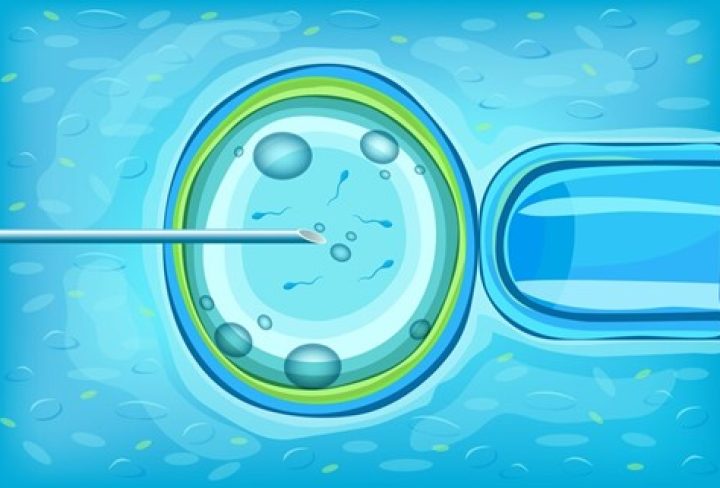Intracytoplasmic Sperm Injection (ICSI) is a specialized fertility treatment designed to aid couples facing infertility challenges, particularly when male infertility is a factor. This procedure is a form of In Vitro Fertilization (IVF) that offers hope to those struggling to conceive.
What is ICSI?
ICSI involves the precise injection of a single healthy sperm directly into a mature egg’s cytoplasm (the gel-like core). This meticulous process occurs within a laboratory setting, with the goal of creating a fertilized embryo.
Who Benefits from ICSI?
ICSI is most beneficial for couples facing male infertility challenges, such as low sperm count, poor sperm quality, or blockages in the male reproductive system. It is also considered when traditional IVF hasn’t yielded positive results or when using previously frozen eggs or sperm.
The ICSI Procedure: Key Steps
Egg Retrieval: The process begins with ovulation induction, stimulating the ovaries to produce multiple eggs. During a painless egg retrieval procedure, a thin needle is guided through the vaginal wall to collect the mature eggs.
Sperm Collection: On the same day as egg retrieval, sperm is collected from the male partner. In some cases, individuals may need medical assistance to retrieve sperm.
Injection: Highly skilled professionals use a microscopic needle to carefully insert a single sperm directly into an egg’s cytoplasm.
Embryo Development: Fertilized eggs are monitored in the laboratory for signs of successful fertilization. Healthy embryos typically develop within five to six days.
Embryo Transfer: After careful evaluation, a selected embryo is transferred into the uterus, where it can implant and result in pregnancy.
Risks and Benefits
ICSI offers improved fertility success, particularly in cases of male infertility. However, potential risks include damage to eggs during the injection process or the failure of fertilization. Importantly, while there is a slight increase in the risk of certain congenital conditions, the overall risks are relatively small.
Recovery and Outlook
Recovery varies, but after embryo transfer, it is essential to follow your doctor’s guidance. You will likely need to wait for about two weeks before taking a pregnancy test.
When to Seek Help?
Contact your doctor if you experience signs of complications such as ectopic pregnancy, infection, or miscarriage.
ICSI is a remarkable advancement in fertility treatments, offering hope and increased success rates for couples facing infertility challenges, particularly those related to male factors.

